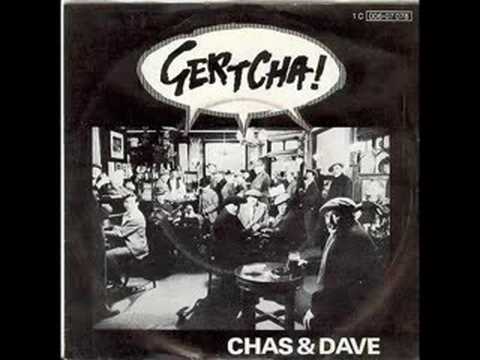Omg, Mad-Ralph, your a mine of information. Love them thank you
I was bought up in north wales and the difference between north and south wales speak is huge. A friend in cardiff always makes me smile when he says “wheres it too”. A couple of miles really does make a huge difference. Love reading these. Thank you
My family live in North Uist and spoke the Gaelic locally but spoke English at school and did so very correctly.
R Mar (another West Country colloquialism), was born in Australia before moving to the UK when she was thirteen. Whilst at big school in Oz she was told off for her broad Outback accent, and had to have the Queen’s English drummed into her.
R Par moved our family around the UK every few years for his job, so I ended up speaking RP English, but gradually a bit of Wess-cunnry has crept in, Ooh-Arr.
Thousands of years ago, and using the highest technological advances available to our ancestors at the time (burying a thirty tonne rock, one third into the ground, and mapping the arc of the sun’s shadow), it was determined that the sun’s position in the sky was stationary for twelve days.
Once the sun’s trajectory started to move again, the ancients knew that Winter was slain, and Spring was once more on its way, and there would be much rejoicing and feasting for those twelve days.
There was not enough cattle feed to support all the animals being farmed through the Winter months, so many would be slaughtered and the meat preserved.
Thousands of years later, these traditions of feasting and celebrating the twelve days around the time of the Winter Solstice are still carried out, with variations, depending on people’s belief systems.
In days of old when Knights were bold, and jousting tourneys were common, a Knight in armour would raise his helmet visor to the King/Queen or local Baron as appropriate as a sign of respect, and so the nobleperson could actually recognise the combatants.
This gesture is still in use today to show respect. It is called, the salute.
FROM THE HORSES ‘ MOUTH
You can tell the age of a horse by examining its teeth. A horse dealer may lie to you but you can always find out the truth ‘from the horse’s mouth’.
GET THE SACK
This comes from the days when workmen carried their tools in sacks. If your employer gave you the sack it was time to collect your tools and go.
GO TO POT
Any farm animal that had outlived its usefulness such as a hen that no longer laid eggs would literally go to pot. It was cooked and eaten.
GOODBYE
This is a contraction of the words God be with ye (you).
LET THE CAT OUT OF THE BAG
This old saying is probably derived from the days when people who sold piglets in bags sometimes put a cat in the bag instead. If you let the cat out of the bag you exposed the trick.
A LONG SHOT
A long shot is an option with only a small chance of success. In the past guns were only accurate at short range. So a ‘long shot’ (fired over a long distance) only had a small chance of hitting its target.
LONG IN THE TOOTH
When a horse grows old its gums recede and if you examine its mouth it looks ‘long in the tooth’.
Gertcha!!
My grandfather used this one quite a lot when I was a kid.
He’d raise his arm as if to strike me, he never did of course, it always made me laugh ![]()

In farming communities, where a bride to be might not have that much money, a barrel of beer would sometimes be bought or donated, then sold at a profit to pay for a posh frock. The beer was known as Bride-Ale, and the wedding dress that was bought with the proceeds was called a Bride-Ale Gown.
Musicians would travel around the village and farms on a cart to celebrate the wedding. This was known as the band-wagon. Hitching a ride to another location was called, jumping on the band wagon. If someone aboard imbibed too much bride-ale, they might take a tumble. This was referred to as, falling off the wagon.
